Sigilheart

More Posts from Sigilheart and Others

I Just Heard the Universe Sigh, Shana Tugbert, 1976


Lawrence R. Alschuler, The Psychopolitics of Liberation: Political Consciousness From a Jungian Perspective

Dialectics: Being-Nothing-Becoming
When we think Being it immediately is Nothing, and Nothing is immediately Being. The very thinking of them is their vanishing, and thinking is what a thought truly is. It is no logical nonsense to say the truth we have experienced: Being is Being vanishing to Nothing, and vice versa.
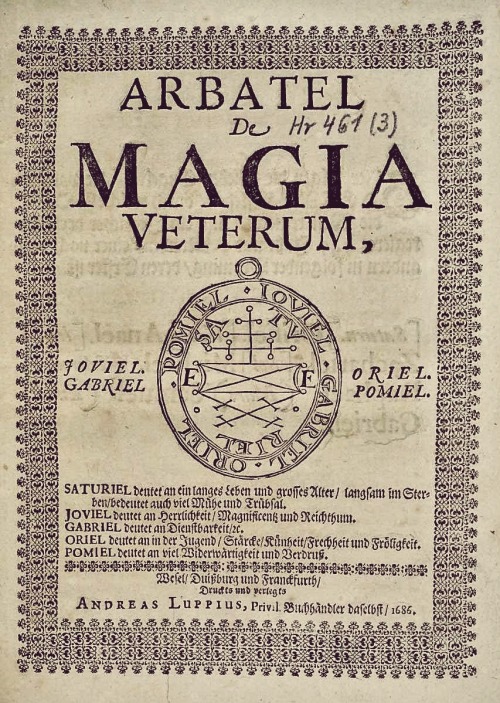
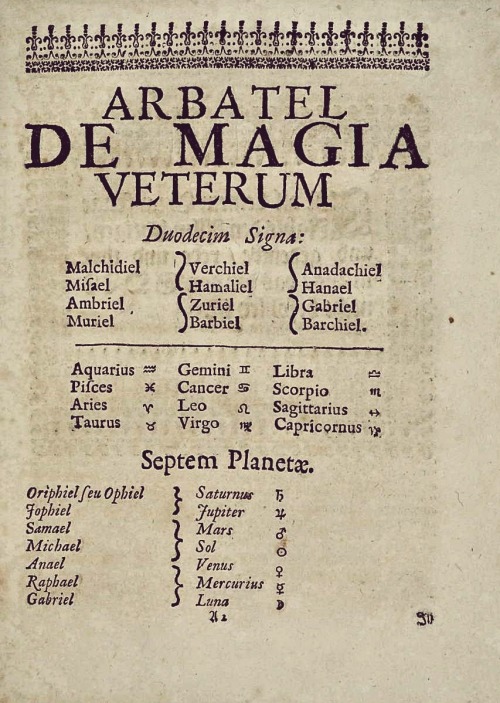

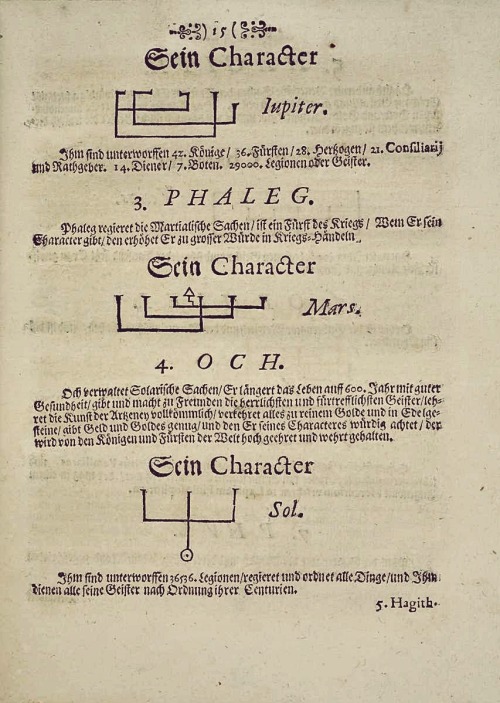
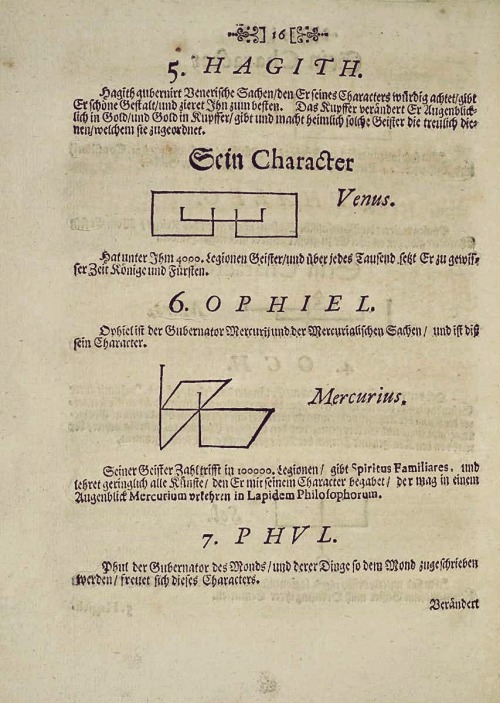
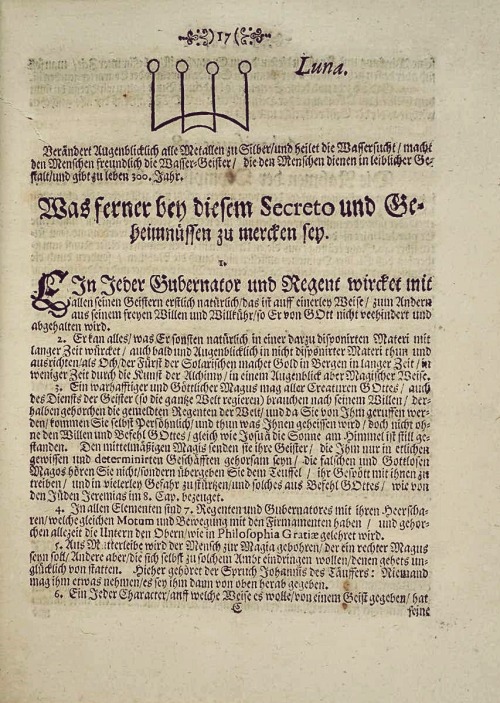
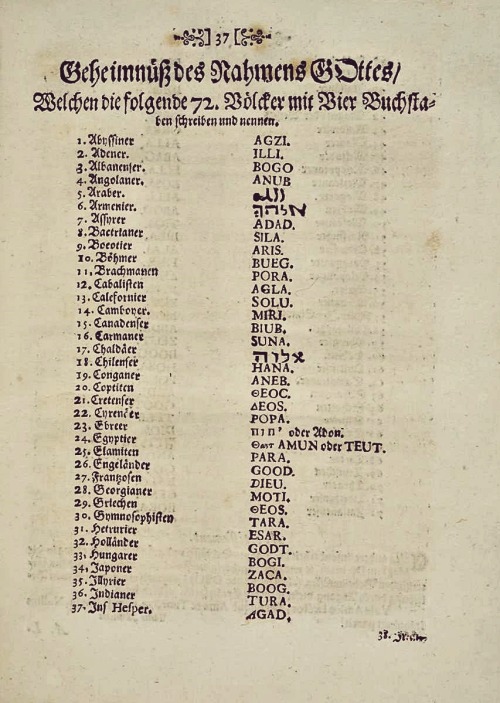
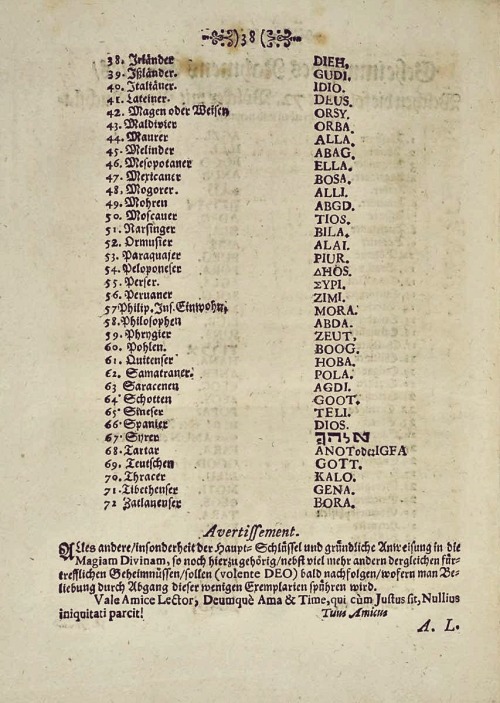
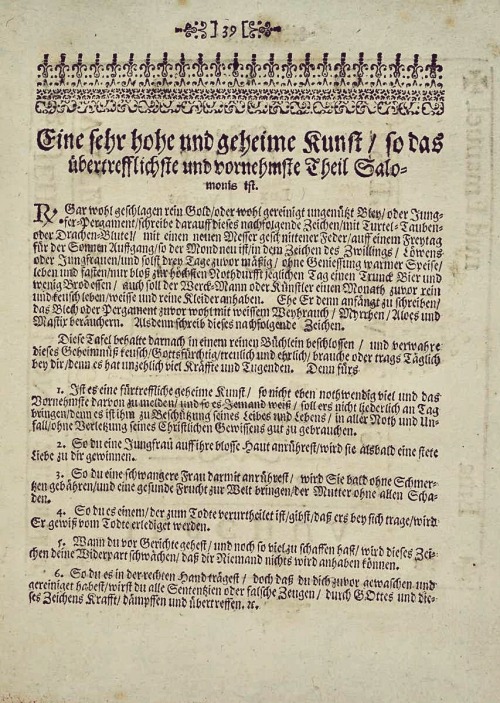
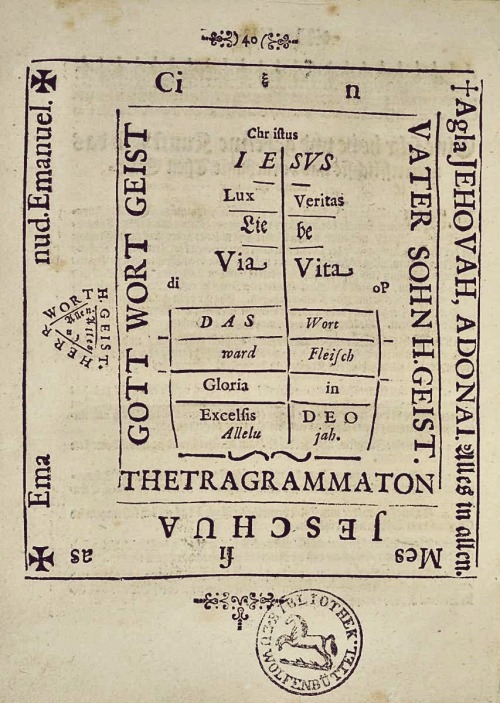
The Arbatel De Magia Veterum (Arbatel: On the Magic of the Ancients) is a grimoire of ceremonial magic that was published in 1575 in Switzerland. It was likely edited by Theodor Zwinger, and published by Pietro Perna. The actual author of the text remains unknown, but scholars suggest Jacques Gohory as a possible candidate.
The Arbatel mainly focuses on the relationship between humanity, celestial hierarchies, and the positive relationship between the two. The Olympian spirits featured in it are entirely unique to this grimoire. Unlike other grimoires, the Arbatel exhorts the magus to remain active in their community (instead of isolating themselves), favoring kindness, charity, and honesty over remote and obscure rituals. The teachings of Swiss alchemist Paracelsus greatly influenced the writing of this work, though it is also deeply rooted in classical culture, Ancient Greek philosophy, the Sibylline oracles and the philosophy of Plotinus.
Originally written in Latin, these selected ten pages come from a later German translation of the work, dated to 1686.

Goddess Archetypes
Jennifer and Roger Woolger, The Goddess Within: A Guide to the Eternal Myths that Shape Women’s Lives
-
 not-the-void liked this · 2 weeks ago
not-the-void liked this · 2 weeks ago -
 mymelody661 liked this · 3 weeks ago
mymelody661 liked this · 3 weeks ago -
 gaelle-kant reblogged this · 3 weeks ago
gaelle-kant reblogged this · 3 weeks ago -
 king-of-bastards reblogged this · 3 weeks ago
king-of-bastards reblogged this · 3 weeks ago -
 gh0stlightblog reblogged this · 3 weeks ago
gh0stlightblog reblogged this · 3 weeks ago -
 gh0stlightblog liked this · 3 weeks ago
gh0stlightblog liked this · 3 weeks ago -
 thesubtextmachine reblogged this · 4 weeks ago
thesubtextmachine reblogged this · 4 weeks ago -
 bobertflaming reblogged this · 4 weeks ago
bobertflaming reblogged this · 4 weeks ago -
 unicornpsyche reblogged this · 1 month ago
unicornpsyche reblogged this · 1 month ago -
 darkvangel reblogged this · 1 month ago
darkvangel reblogged this · 1 month ago -
 0ldsk1nn liked this · 1 month ago
0ldsk1nn liked this · 1 month ago -
 salledegossip liked this · 1 month ago
salledegossip liked this · 1 month ago -
 wizard-in-a-gaybar reblogged this · 1 month ago
wizard-in-a-gaybar reblogged this · 1 month ago -
 wizard-in-a-gaybar liked this · 1 month ago
wizard-in-a-gaybar liked this · 1 month ago -
 satedsevendevils liked this · 1 month ago
satedsevendevils liked this · 1 month ago -
 xofselfx liked this · 1 month ago
xofselfx liked this · 1 month ago -
 sigilheart reblogged this · 1 month ago
sigilheart reblogged this · 1 month ago -
 finalgirljackmarston reblogged this · 1 month ago
finalgirljackmarston reblogged this · 1 month ago -
 servitudal liked this · 1 month ago
servitudal liked this · 1 month ago -
 moebius-loops reblogged this · 1 month ago
moebius-loops reblogged this · 1 month ago -
 yellowtigerboat liked this · 1 month ago
yellowtigerboat liked this · 1 month ago -
 dsjrdn reblogged this · 1 month ago
dsjrdn reblogged this · 1 month ago -
 brokensheath liked this · 1 month ago
brokensheath liked this · 1 month ago -
 nuedai reblogged this · 1 month ago
nuedai reblogged this · 1 month ago -
 1636271retired liked this · 1 month ago
1636271retired liked this · 1 month ago -
 hemlockghost liked this · 1 month ago
hemlockghost liked this · 1 month ago -
 lumalite reblogged this · 1 month ago
lumalite reblogged this · 1 month ago -
 corprus reblogged this · 1 month ago
corprus reblogged this · 1 month ago -
 fagotry reblogged this · 1 month ago
fagotry reblogged this · 1 month ago -
 littlemyopic reblogged this · 1 month ago
littlemyopic reblogged this · 1 month ago -
 windkanter reblogged this · 1 month ago
windkanter reblogged this · 1 month ago -
 windkanter reblogged this · 1 month ago
windkanter reblogged this · 1 month ago -
 slurmp01 liked this · 1 month ago
slurmp01 liked this · 1 month ago -
 writer-fennec liked this · 2 months ago
writer-fennec liked this · 2 months ago -
 adriantripods liked this · 2 months ago
adriantripods liked this · 2 months ago -
 thegoonjabbar reblogged this · 2 months ago
thegoonjabbar reblogged this · 2 months ago -
 pythonessess liked this · 2 months ago
pythonessess liked this · 2 months ago -
 bone-trash reblogged this · 2 months ago
bone-trash reblogged this · 2 months ago -
 tedothore reblogged this · 2 months ago
tedothore reblogged this · 2 months ago -
 raytoroboros liked this · 2 months ago
raytoroboros liked this · 2 months ago -
 elkkiel liked this · 2 months ago
elkkiel liked this · 2 months ago -
 foundationsofdecay reblogged this · 2 months ago
foundationsofdecay reblogged this · 2 months ago -
 milfbrainrot liked this · 2 months ago
milfbrainrot liked this · 2 months ago -
 ghostpyre reblogged this · 2 months ago
ghostpyre reblogged this · 2 months ago -
 bloodyfeverdreams liked this · 2 months ago
bloodyfeverdreams liked this · 2 months ago -
 skydiveoffisengard reblogged this · 2 months ago
skydiveoffisengard reblogged this · 2 months ago -
 northstargrassmaiden liked this · 2 months ago
northstargrassmaiden liked this · 2 months ago -
 segadreamcastbloodsacrifice liked this · 2 months ago
segadreamcastbloodsacrifice liked this · 2 months ago -
 bogmop liked this · 2 months ago
bogmop liked this · 2 months ago




